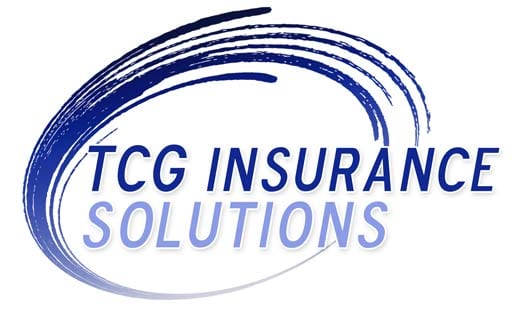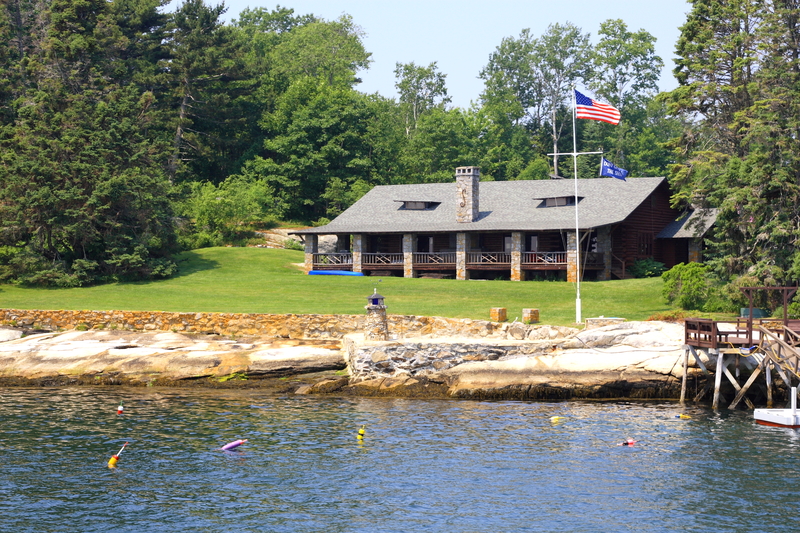Purchasing a vacation home can be an exciting prospect, but it’s crucial to consider all the costs involved before taking the plunge. Owning a vacation home comes with various expenses that extend beyond the initial purchase price. Here are some of those costs and how you can reduce them.
Insurance Costs
Insurance is an essential aspect of owning any property, and vacation homes are no exception. Depending on the location of your vacation home, insurance costs can vary significantly. Properties situated in areas prone to extreme weather events, such as hurricanes, floods, or wildfires, may require additional coverage, resulting in higher insurance premiums.
To accurately estimate insurance costs, it’s important to research insurance providers and obtain quotes specific to the location and type of property you are considering. Factors such as the property’s proximity to water bodies, historical weather patterns, and local building codes can all influence insurance rates. Be sure to budget for insurance costs and consider them in your overall financial plan for owning a vacation home.
Utility Costs
When evaluating the costs of a vacation home, utility expenses should not be overlooked. Even when the property is not in use, utilities such as electricity, water, and gas may still incur charges. Depending on the size of the property and its energy efficiency, these costs can add up over time.
To manage utility costs, it’s advisable to consider energy-efficient appliances and systems when purchasing a vacation home. Additionally, implementing smart home technology that allows you to remotely control and monitor energy usage can help reduce unnecessary consumption. Another cost-saving strategy is to turn off utilities when the home isn’t in use, ensuring that you’re not paying for services that aren’t being utilized.
Monthly Payments
Before committing to a vacation home, it’s essential to assess whether you can comfortably make the monthly payments. Factors such as the purchase price, interest rates, property taxes, and potential rental income should all be considered when determining the affordability of the property. Take the time to evaluate your overall financial situation and determine if you have sufficient income and resources to cover the ongoing expenses of owning a vacation home.
Buying a vacation home can provide a wonderful opportunity for relaxation and creating lasting memories. However, it’s important to carefully consider the costs involved to make an informed decision. By weighing these costs, you can make a well-informed decision and enjoy the benefits of your vacation home while maintaining financial peace of mind.
Did you like this article? You might also like: Potential Hazards That Can Make Your Home Less Safe


